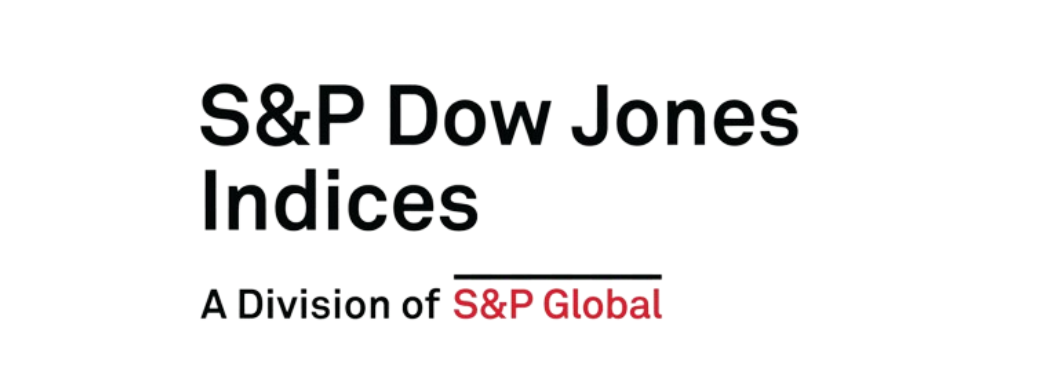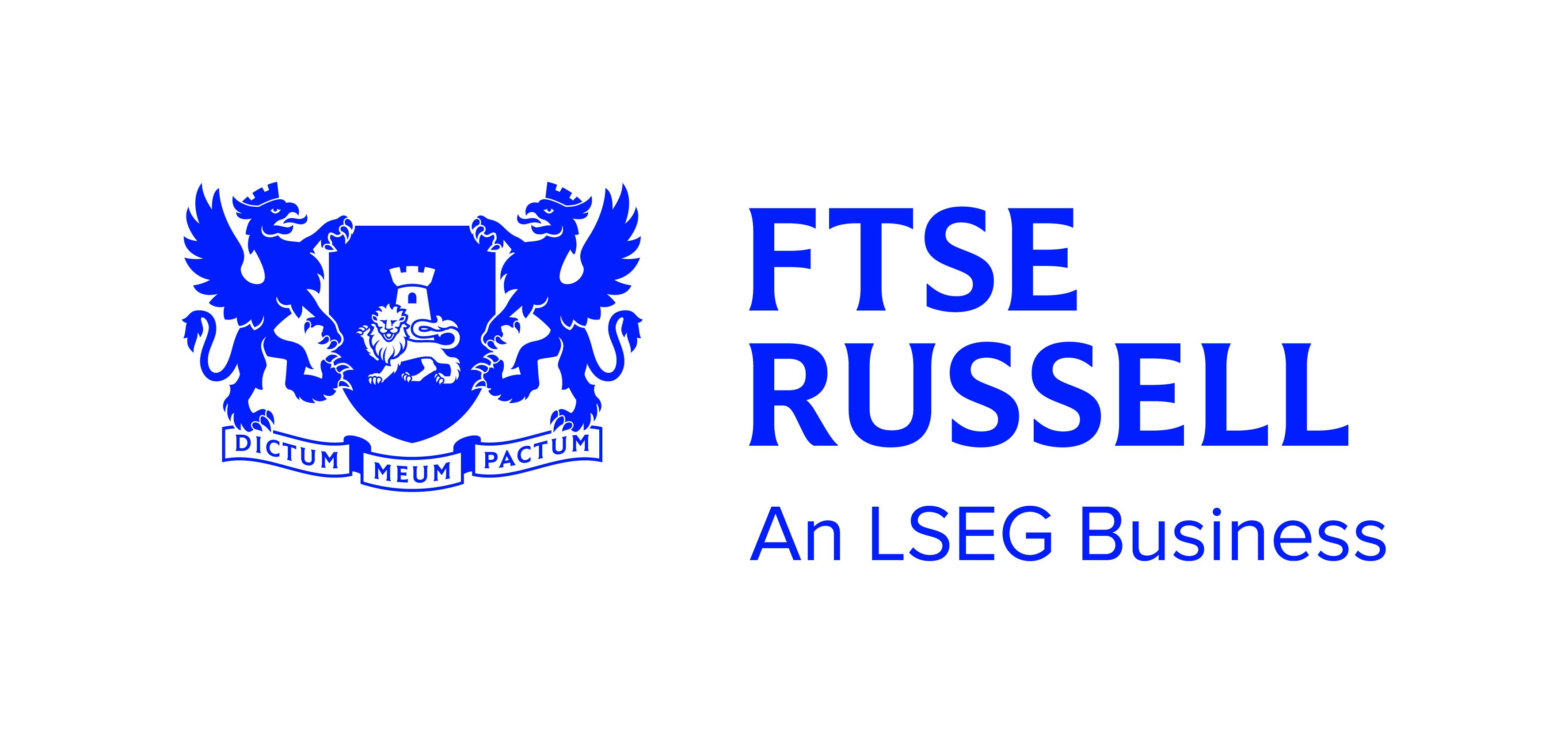The growing influence of passive funds on the UK economy “cannot be ignored” as they become “holders of last resort” of the fossil fuel sector, a think tank has warned.
The research by Common Wealth found passive funds now represent more than 40% of fund ownership of fossil fuels and are on track to overtake active funds in a few years, offering a direct threat to the UK’s transition to a decarbonised future.
The report, authored by Chris Hayes and senior research fellow Adrienne Buller, said the “backwards-looking nature of mainstream index construction” means passive investments remain exposed to oil and gas firms, maintaining their share value while others divest.
It identified a small cohort of asset management giants – BlackRock, Vanguard, State Street Global Advisors and Fidelity – that have “ridden a wave of enthusiasm for passive investing” and now come to dominate the shareholder structure.
Common ownership between the largest asset managers has been a concern for several years and remains one of the biggest issues facing the ETF and wider indexing industry.
It is estimated on their current trajectory, BlackRock, Vanguard and SSGA own as much as 33% of shareholder votes in the US within the next decade, up from 5% in 1998 and 20% today.
Furthermore, it said the mainstream index providers – S&P Dow Jones Indices (SPDJI), MSCI and FTSE Russel – remain “under-scrutinised and, critically, under-regulated”.
Can anyone disrupt the dominance of the ‘Big Three’ index providers?
Within Common Wealth’s passive cohort, funds bearing the SPDJI label accounted for £1.1trn of toral net assets, 24% of the total, while MSCI had £610bn worth of fund assets (13%). BlackRock’s iShares range of ETFs held approximately £430m, over 9% of total net assets.
“Overall, the findings suggest passive funds are uniquely overrepresented in their ownership of the oil and gas industry, lending support to the idea that these funds are on track to becoming ‘holders of last resort’ in carbon-intensive sectors,” the report said.
“If these index providers and the funds that track their products occupy a position in the allocation of both capital and decision-making power within the UK economy that (quantitatively) cannot be ignored.
“Our analysis shows that this is especially the case for several of the industries most pivotal to the question of what kind of economy we want to live in, particularly in the transition to a decarbonised future.”
Responding to the report, Alex Matturri, former CEO of SPDJI, said the report showed a basic misunderstanding of indexed products and the shift from active to passive.
“The ultimate choice of what to invest in belongs to the end-investor or their adviser. Index-based products typically are based on market capitalisation and follow an explicit methodology,” he said.
“Investors need to change their investment choice to new indices if they are not happy with the exposure to certain companies or industries. Index providers and investment product providers are merely offering choices, and there are plenty of ESG-focused alternative products available.
“If the goal is to reduce exposure to fossil fuel companies, choose a product that follows a different index.”
Common Wealth said it will lay out a series of policy proposals in its next report, adding policymakers need to turn their attention to creating a financial system that benefits those beyond those with financial wealth.
It is not the first time calls for market and regulatory intervention have been made in a bid to curtail the voting power of the three largest issuers.
A report published in January warned BlackRock, Vanguard and SSGA were using their voting powers as a marketing tool by announcing voting policies around issues such as gender diversity on boards and the environment to attract younger investors.
BlackRock has made moves to allay these fears, offering asset owners in 40% of its $4.8trn equity index funds the opportunity to vote directly with companies, instead of the firm partaking itself, with a view to extending this to individual investors through a form of pass-through voting.
Related articles








